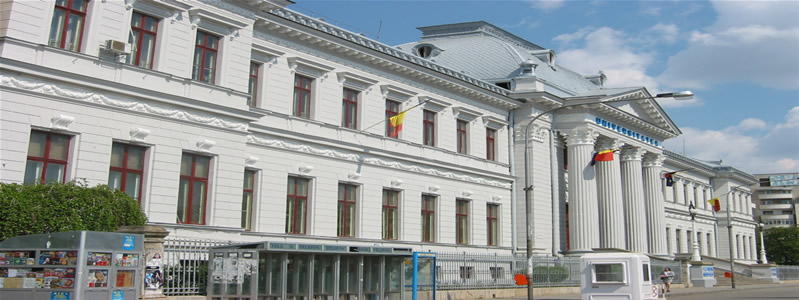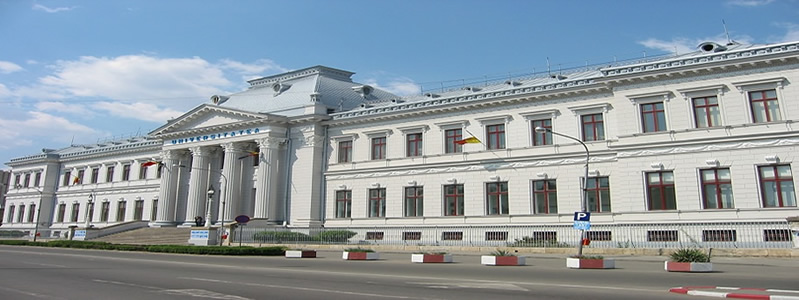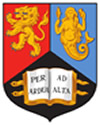THE 15TH INTERNATIONAL CONFERENCE
LANGUAGE, LITERATURE, AND CULTURAL POLICIES -
"THE PAST IN THE PRESENT "


THE 15TH INTERNATIONAL CONFERENCE
LANGUAGE, LITERATURE, AND CULTURAL POLICIES -
"THE PAST IN THE PRESENT "
Craiova, Romania, September 29 – October 1, 2016
Information
One touch of nature makes the whole world kin –
That all with one consent praise new-born gauds,
Though they are made and moulded of things past…
(Shakespeare, Troilus and Cressida, 3.3.169-71)As Shakespeare already knew four centuries ago, even the newest-looking thoughts can only be expressed in pre-existing words, and as his own posthumous fame shows, the most innovative works of art may one day have the status of established monuments. But in twenty-first century culture, when the arts are frequently mediated via an online world that habitually calls its unprecedentedly novel activities ‘curating’, has the distinction between the old and the new collapsed? And what is the pre-history of our current anxiety about how to salvage and revivify the traditions, artefacts and artworks of the past? After modernism, perhaps even after post-modernism, how stand the relations between now and then?
This conference invites papers, from every discipline in the humanities, about all aspects of how the past has inhabited and shaped the present, and about how the present has demanded the revaluation or even the forgetting of the past: whether on the traditions of the Gothic, in which ghosts walk among the living and the dead hand of history is mighty yet; or on the adaptation of old cultural forms and materials into new media; or on the invention and development of the museum and of the academy; on the heritage industry and its discontents; on linguistic change, decay and renewal; on the relations between archaeology and artistic innovation; on presentism, historicism, or anachronism.Keynote speakers:
Michael Dobson - University of Birmingham, UK
Ewan Fernie - University of Birmingham, UK
Naum Panovski - Poiesis Theatre Project, New York, USA
Rick St. Peter - Clemson University, USA
Conference organizers:
The Department of British, American,
and German Studies
of the University of Craiova, Romania


